 The case-control study which was looking at causation and risk factors of diarrhoea in children under 5 in two low-income settlements in Nairobi came to en end last April.
The case-control study which was looking at causation and risk factors of diarrhoea in children under 5 in two low-income settlements in Nairobi came to en end last April.
Among the 637 children included in the study, 190 were cases (children with diarrhoea) and 447 were controls (children without diarrhoea). Stool sam-ples from each child have been sent to the laboratory at KEMRI where parasi-tological and bacteriological analysis has been performed. Antimicrobial re-sistance is also currently being assessed.
In the mean time, 581 samples of food and 596 samples of water from each household have been collected and sent to the laboratory at the University of Nairobi for a total coliform count analysis.
In addition to initial questionnaires, 4 field interviewers have been trained on using ODK (Open Data Kit), a mobile data collection tool. They just finished to collect GPS coordinates from each household included in the case-control study, allowing us to later on perform spatial analysis.

Bacteriology
We are also about to map the movement of livestock in order to get a better understanding on expo-sure of children to animals in the two slums.
We would like to thank again all our partners for their commitment that led to such great achievement.
Article written by Laure Made (PhD student)
The Zoonotic and Emerging Disease group studies a range of epidemiological issues revolving around the domestic livestock, wildlife and human interface


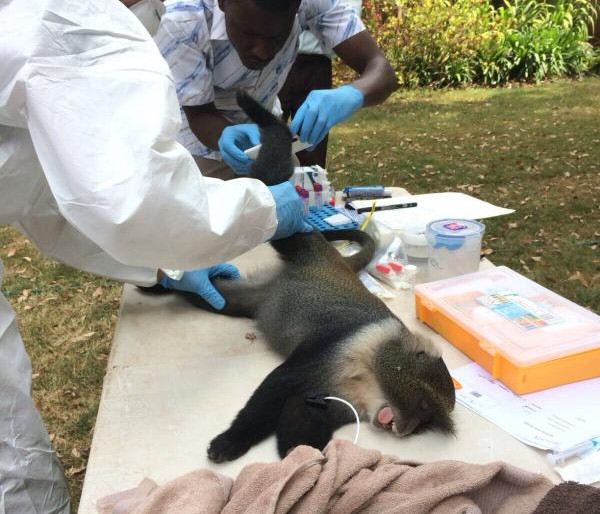
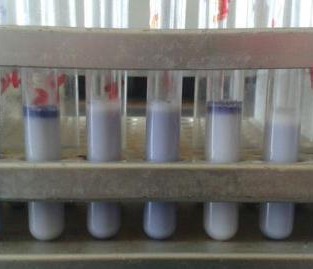
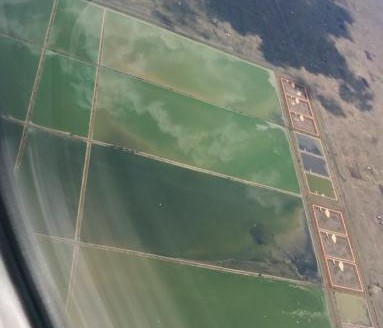
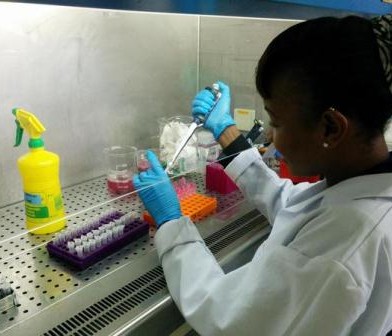
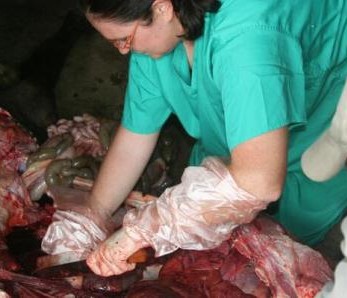
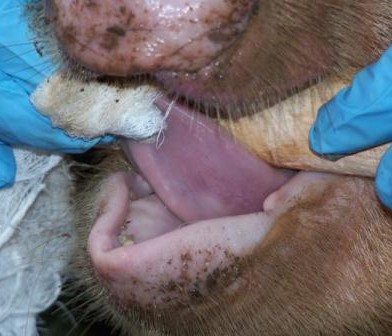
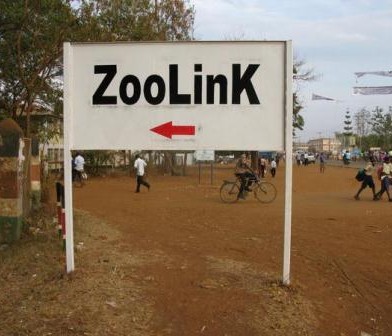

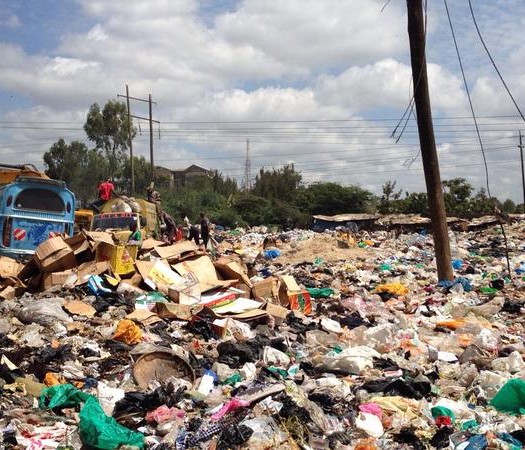
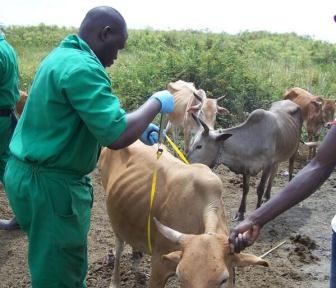
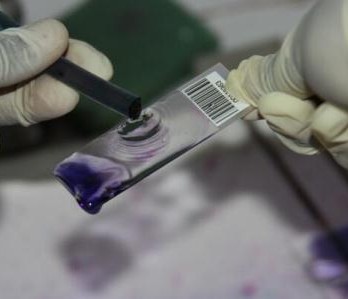
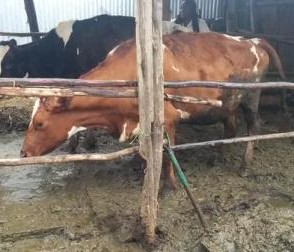
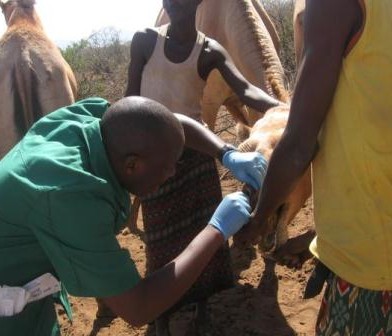
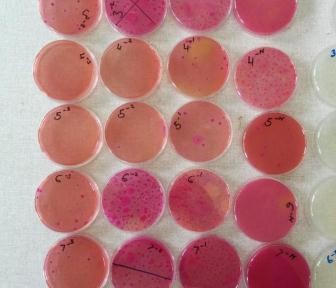
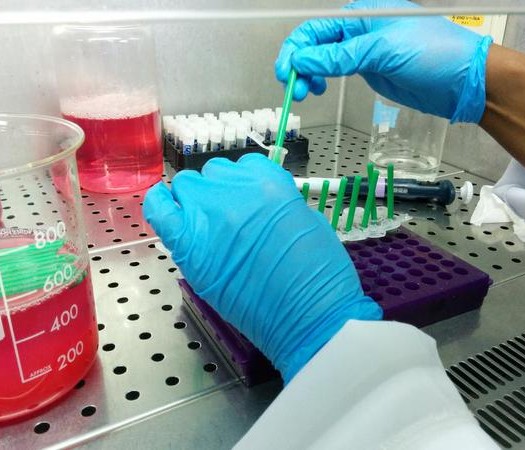
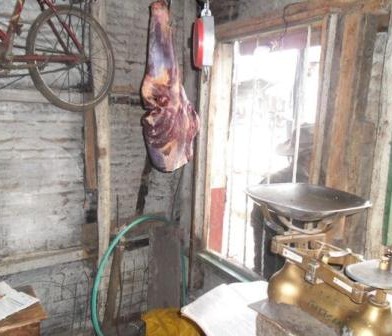
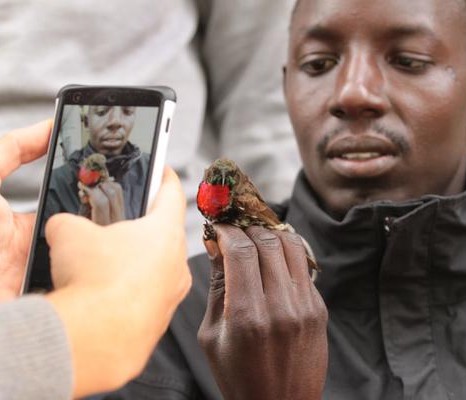
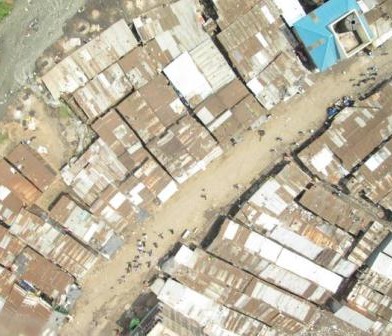
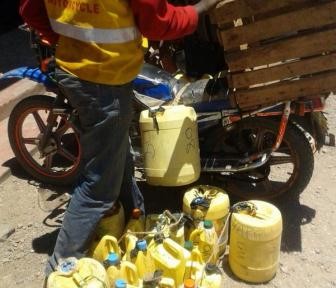
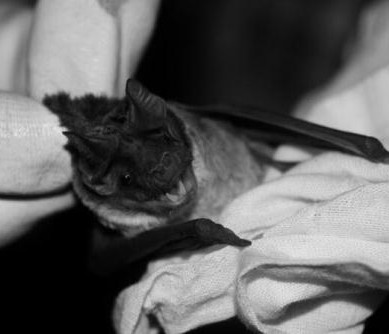
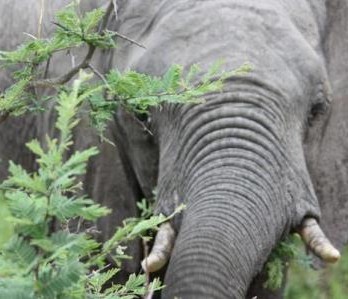
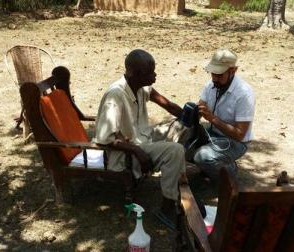
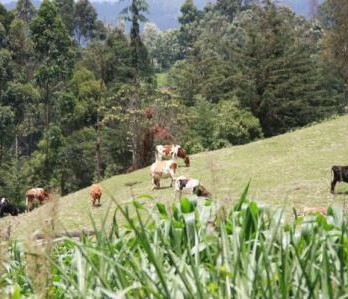
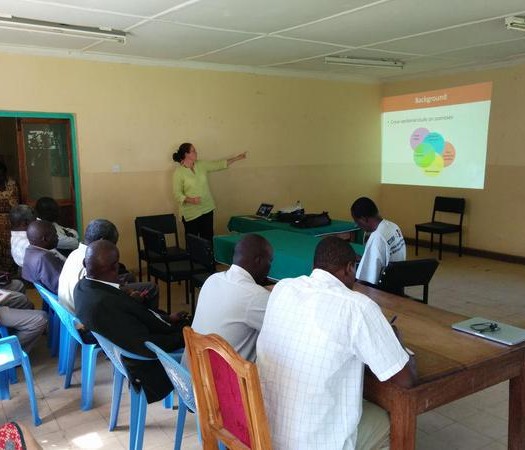
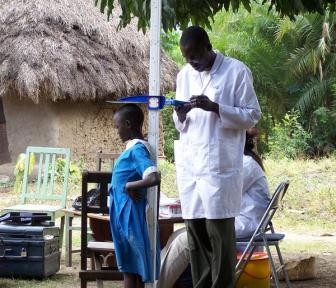
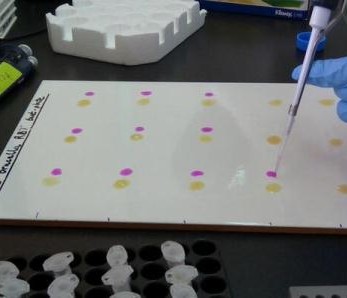
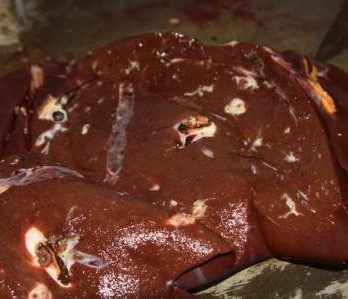
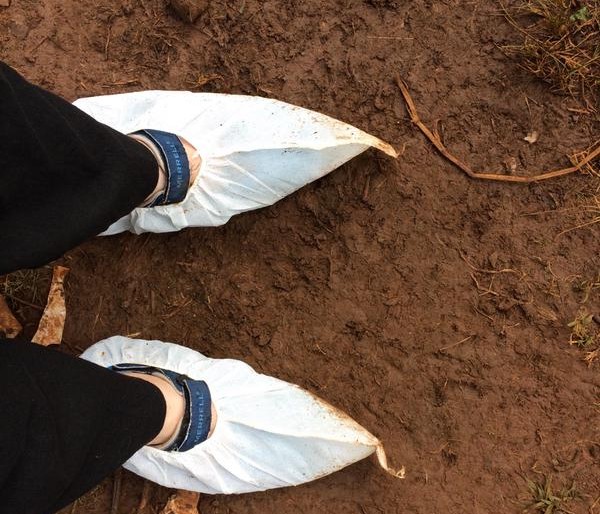
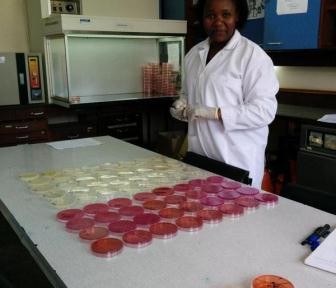
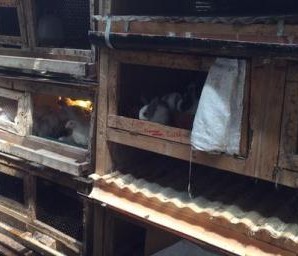
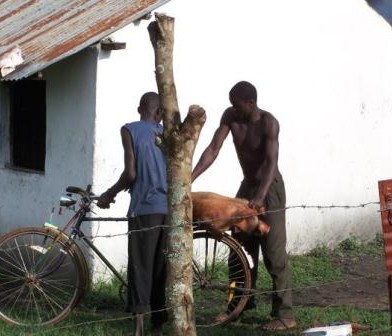
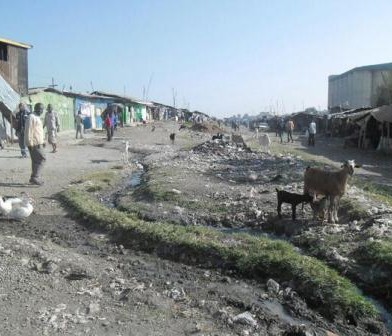
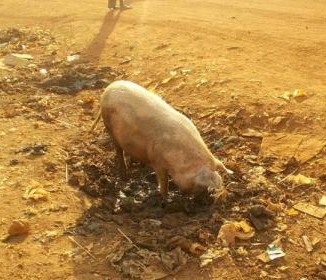
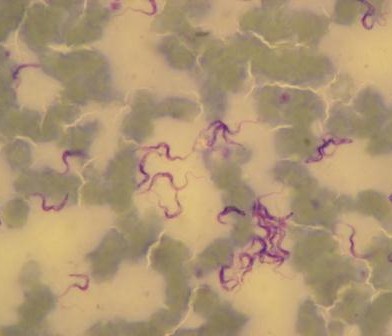
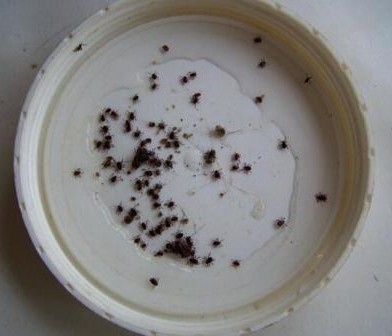
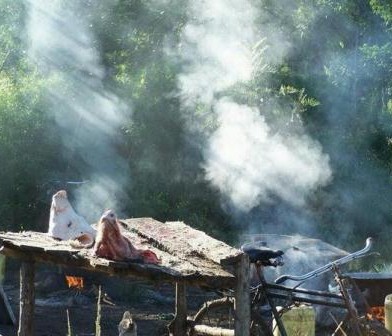
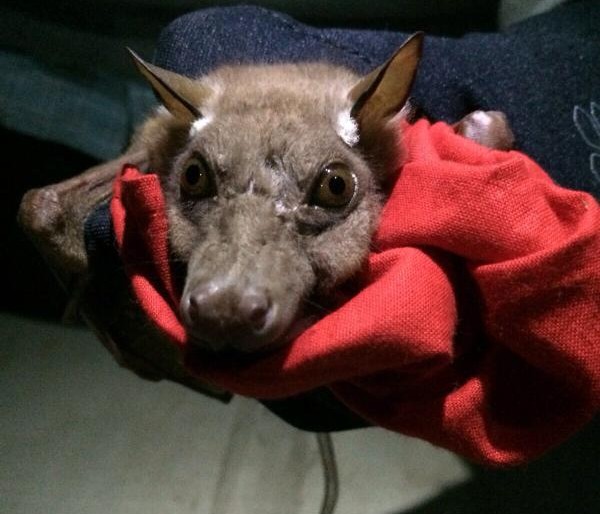
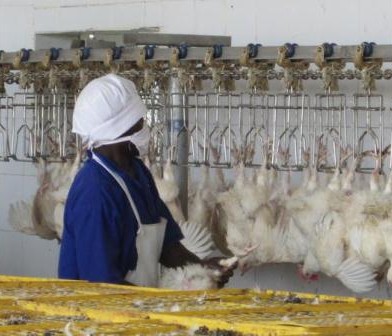
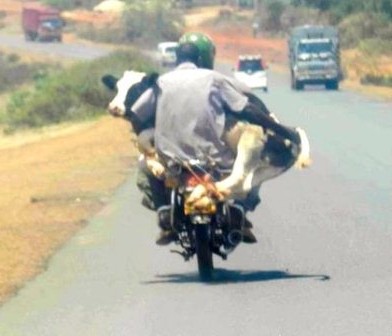
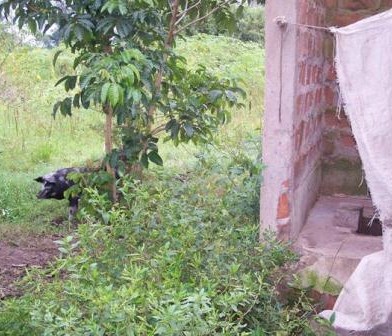
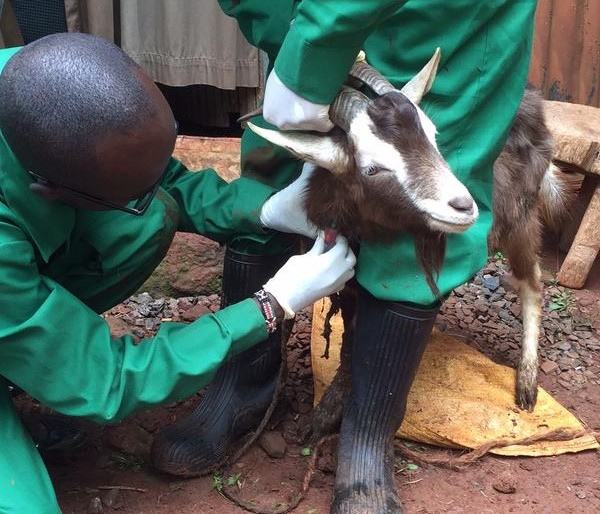

You must be logged in to post a comment.